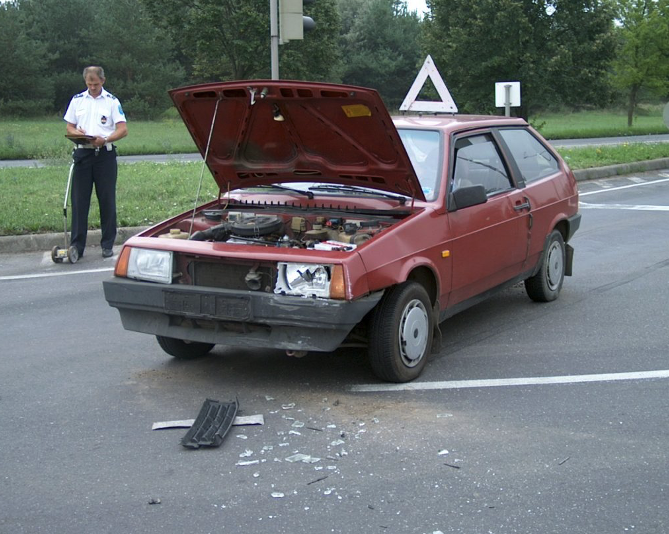
Car accidents often stem from driver error, but defective car parts are another critical factor contributing to roadway dangers. In cities with high traffic, the risks are magnified when faulty brakes, malfunctioning airbags, or defective tires cause accidents that could have been prevented. Victims of such incidents often seek help from car accident attorneys to recover damages and hold manufacturers accountable. This article explores the most common defective car parts that lead to accidents and the legal implications surrounding them.
Faulty Brakes
Brakes are one of the most vital components of any vehicle, as they control stopping power and prevent collisions. When brakes fail due to manufacturing defects or improper installation, the results can be catastrophic.
Common brake defects include:
In cases of faulty brakes, liability often falls on the manufacturer, installer, or both, depending on the defect’s origin.
Defective Airbags
Airbags are designed to protect passengers during collisions, but defects in their deployment mechanisms can create additional hazards.
Key airbag-related defects include:
Airbag manufacturers are frequently the subject of lawsuits when these defects result in injury or death. Legal claims often hinge on proving that the defect was a manufacturing error or that the company failed to issue proper recalls in a timely manner.
Tire Defects
Tires play a crucial role in vehicle safety by maintaining traction and stability. Defective tires, however, can cause sudden blowouts or loss of control, especially at high speeds.
Some common tire-related defects include:
Tire manufacturers, retailers, or installers may bear liability for tire defects depending on whether the issue stems from design, production, or installation errors.
Steering and Suspension System Failures
Defective steering and suspension systems can lead to loss of control over the vehicle, causing serious accidents.
Specific issues include:
In such cases, auto manufacturers or repair shops that serviced these systems may be held responsible.
Seatbelt Defects
Seatbelts are essential for protecting passengers during a crash. However, defects in their design or assembly can render them ineffective.
Common seatbelt defects include:
When seatbelt defects result in injury, liability may lie with the manufacturer or, in some cases, with the dealership responsible for inspecting the vehicle.
Legal Recourse for Victims of Defective Parts
Car accidents caused by defective parts often lead to product liability claims. Victims must prove that:
Victims frequently turn to experienced car accident attorneys to navigate these complex cases. These professionals can investigate the defect, gather evidence, and hold the responsible parties accountable.
Conclusion
Defective car parts, such as faulty brakes, airbags, tires, and steering systems, present significant risks to drivers and passengers alike. Understanding these dangers and knowing your legal options is crucial if you’ve been affected. By working with knowledgeable car accident attorneys, victims can secure compensation and push for higher safety standards in the automotive industry.